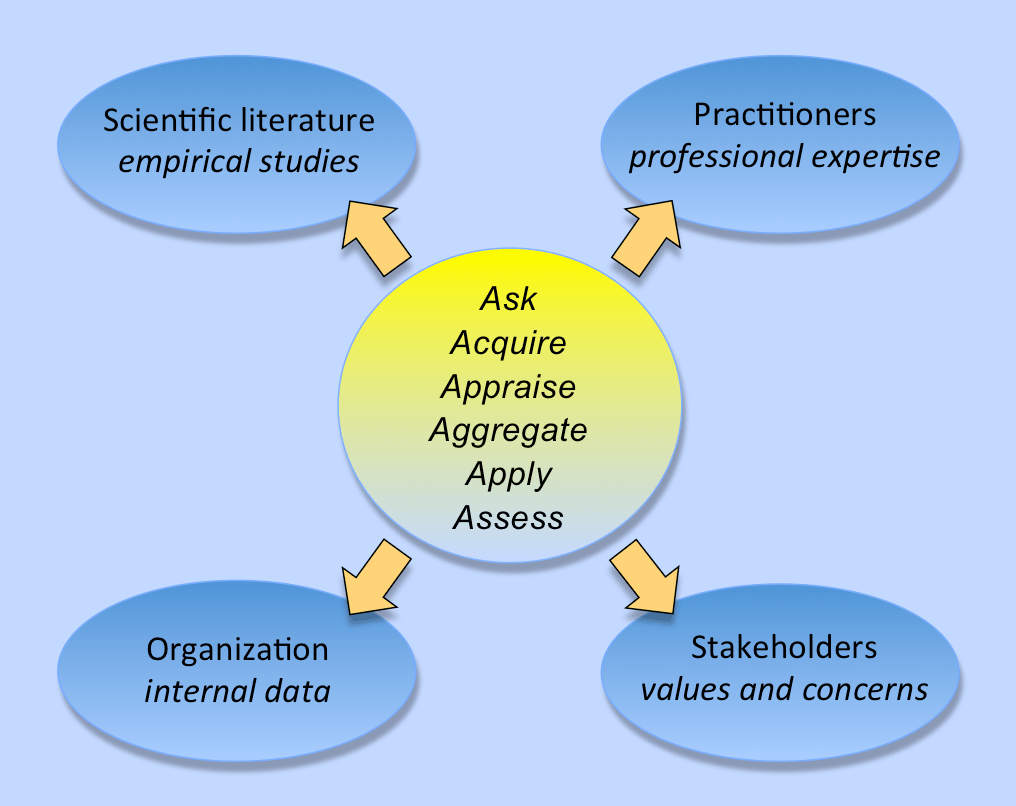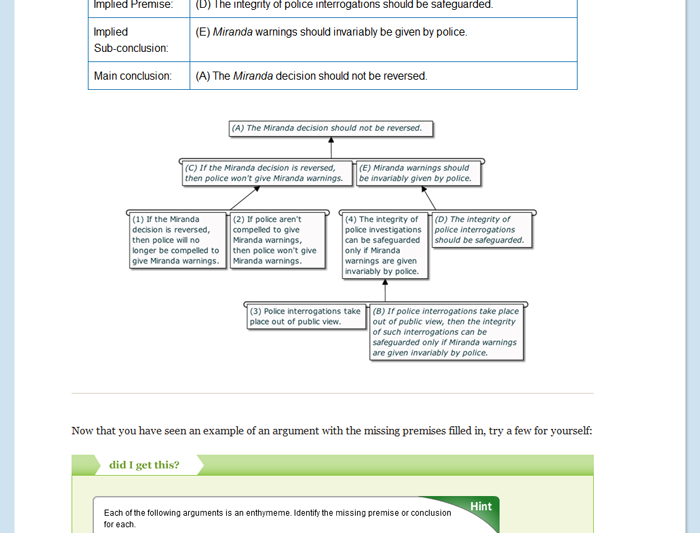Begin to strengthen your EBM skills and critical mindset to improve the quality of your decisions.
Evidence-Based Management — Open & Free
- Description
- Open & Free features
- What students will learn
- Learning objectives by module
- Course assessments, activities, and outline
- Other course details
- System requirements
Description
These open & free course modules will introduce you to the basic concepts and skills of evidence-based management (EBM). The modules are directly relevant to current and future managers, leaders, consultants and policymakers who desire to improve the quality and outcome of their decision-making.
Managers, business leaders, consultants, and policymakers are required to take action based on their decisions, and such decisions may have profound impacts on employees, customers and clients, the organization, and society more widely. But how good are such decisions? How can we ensure that they get hold of, accurately interpret, and make use of the best available evidence in their decision-making?
Although EBM sounds straightforward, gathering, understanding and applying evidence requires a particular set of skills and practical knowledge. These modules will develop your basic evidence-based skills and enhance your understanding of how an evidence-based approach can support your organization’s decision-making.
Open & Free features
Open & Free Courses
- Open & Free OLI courses enable independent learners to study a subject on their own terms, at their leisure. Courses are:
- Self-guided.
- Self-paced.
- Self-supported.
- Open & Free courses include only the learning materials:
- No teacher.
- No tests.
- No college credit.
- No certificate of completion.
- *If your teacher gave you a Course Key, do not use an Open & Free course because your teacher will never see your work.
What students will learn
Module 1: The Basic Principles
Summarize the basic principles of evidence-based management; Explain why we need evidence-based management; Explain what counts as evidence; Determine which sources of evidence were consulted; Assess (coarsely and in general terms) the quality of evidence; Determine whether the ‘best available’ evidence was used in a decision-making process; Correct common misconceptions about evidence-based management.
Module 2: ASK
Identify (hidden) claims/assumptions regarding a practical issue; Determine whether an (assumed) problem is sufficiently clear; Determining whether there is sufficient evidence to support the (assumed) problem; Determine whether the preferred solution is sufficiently clear; Determine whether there is sufficient evidence (from multiple sources) to support the preferred solution.
Learning objectives by module
Coming soon.
Course assessments, activities, and outline
Module 1: The Basic Principles Of Evidence-Based Management
Module 2: ASK – Critical Questions About Assumed Problems And Preferred Solutions
Other course details
System requirements
OLI system requirements, regardless of course:
- internet access
- an operating system that supports the latest browser update
- the latest browser update (Chrome recommended; Firefox, Safari supported; Edge and Internet Explorer are supported but not recommended)
- pop-ups enabled
- cookies enabled
Some courses include exercises with exceptions to these requirements, such as technology that cannot be used on mobile devices.
This course’s system requirements:
- None





